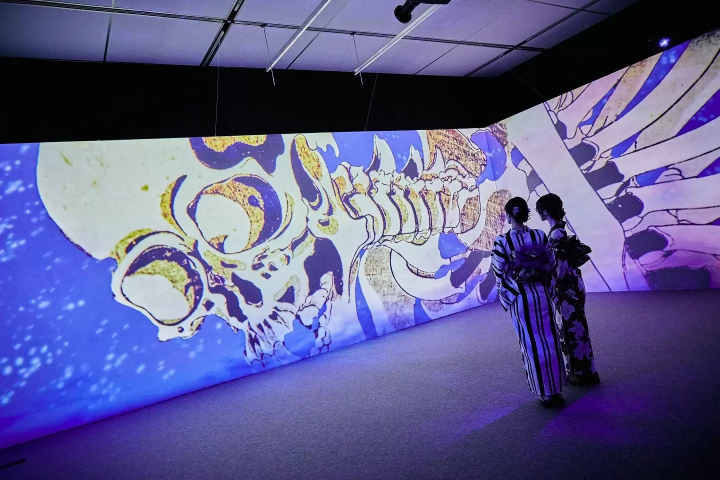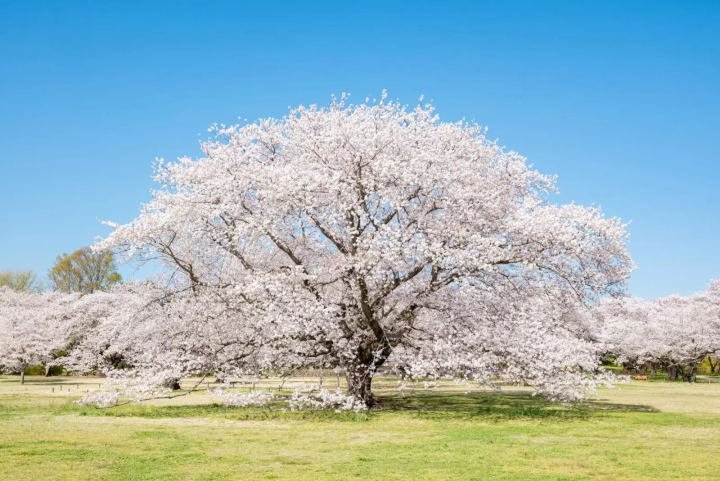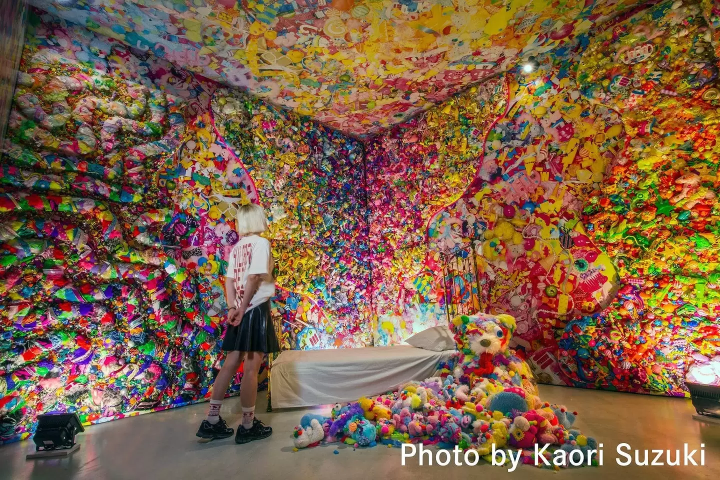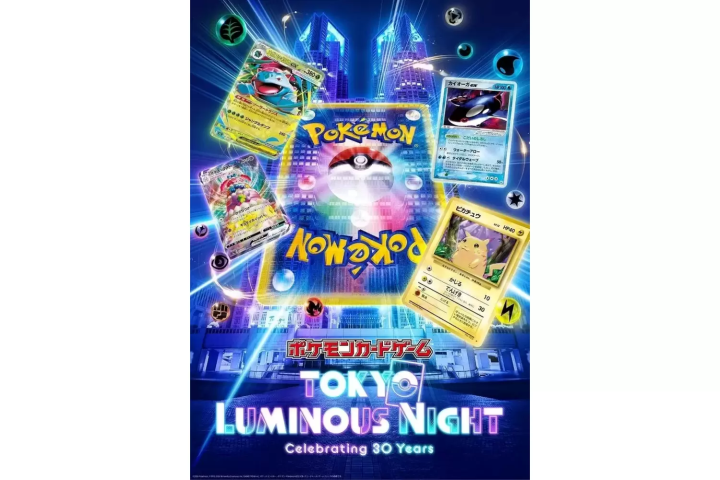A course touring the history of Nakano from Nakano Station in Tokyo to Tetsugakudo Park and Numabukuro

This is a course that takes you around shopping streets and history from Nakano Station in Tokyo to Tetsugakudo Park and Numabukuro.
Travel time: 1 hour
Depart from the north exit of JR Nakano Station
Spots introduced in this itinerary
Nakano city is located in the western part of Tokyo's 23 wards. It is especially famous for Nakano Broadway, known as the "holy land" of subculture, but it also has many other tourist attractions such as historic shrines and temples and gourmet food. While the area around Nakano Station is undergoing a "once in a century" redevelopment, the town is undergoing change, and the town is bustling with old-fashioned, friendly shopping streets, making Nakano a very diverse city. This diversity is also what makes it a city with a population of about 17,000 people from about 120 countries.
The contents on this page may partially contain automatic translation.










































![[Latest Edition] 10 Recommended Lunches to Try in Yabu City , Hyogo Prefecture !](https://resources.matcha-jp.com/resize/720x2000/2026/03/05-260461.webp)
![[From March 11th] A collection of delicious Tohoku foods at Osaka 's Abeno Harukas Kintetsu Main Store!](https://resources.matcha-jp.com/resize/720x2000/2026/03/05-260451.webp)
![[First come, first served] Tour the hotel and get luxurious rewards! Stamp rally exclusive to visitors to Japan!](https://resources.matcha-jp.com/resize/720x2000/2026/02/18-259040.webp)
![[2026] Top 5 Cherry Blossom Spots in Naruto City , Tokushima Prefecture ! Light-ups and Access](https://resources.matcha-jp.com/resize/720x2000/2025/03/04-226780.webp)
![[ Kusatsu City Shiga Prefecture ] Spring isn't just about cherry blossoms! 4 recommended spots to see blooming wisteria](https://resources.matcha-jp.com/resize/720x2000/2026/03/03-260242.webp)